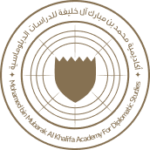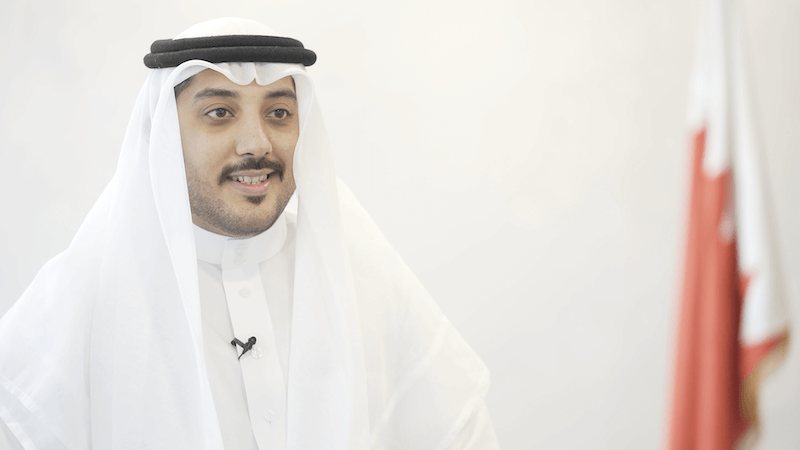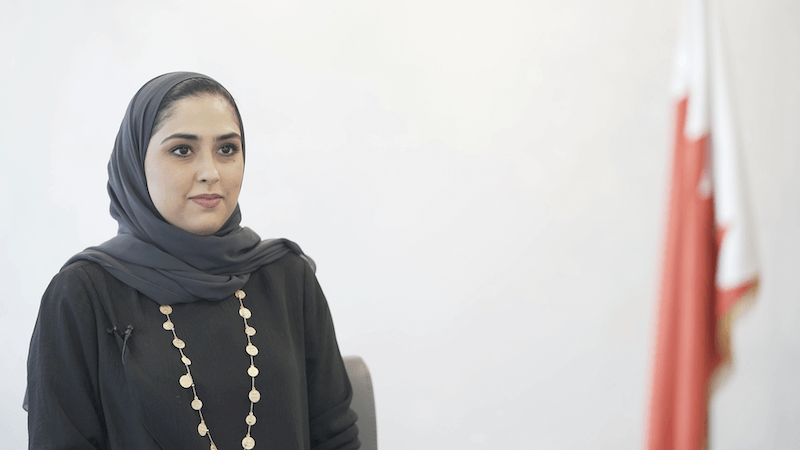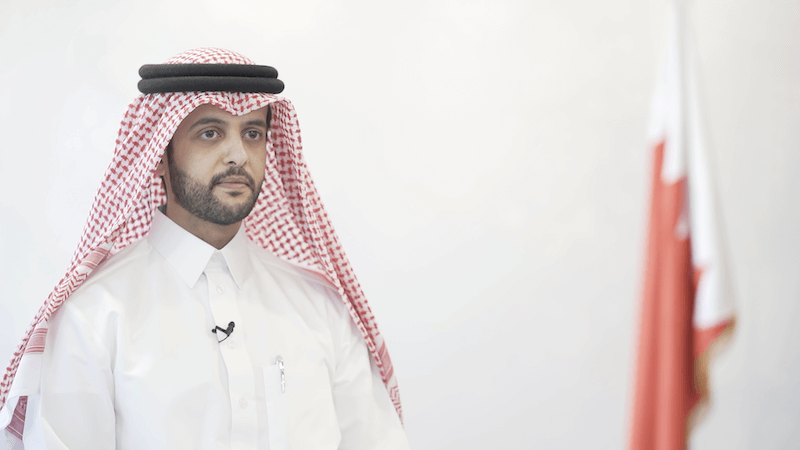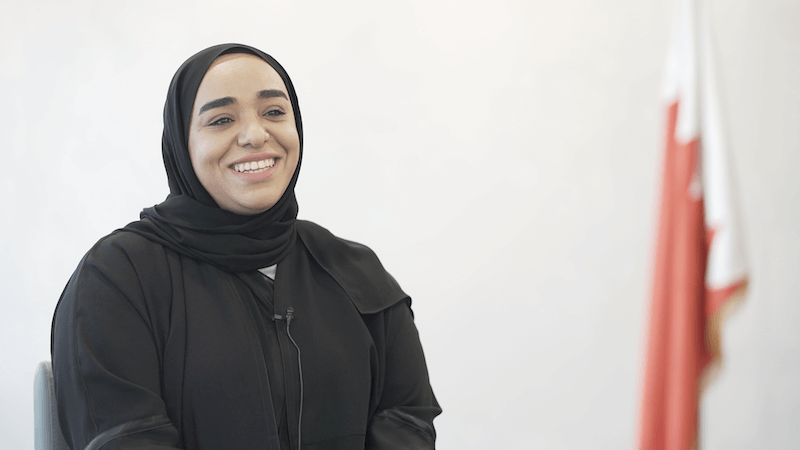Registration in the Diplomatic Foundational Program
How to apply?
STEP 1
Online Application
STEP 2
Written Examination
STEP 3
Psychometric Test
STEP 4
Personal Interview
STEP 5
The Foundational Diplomatic Program
STEP 6
Diplomatic Oath
The Foundational Diplomatic Program
International Law
Knowledge
Diplomacy: Theory and Practice
Knowledge
International Relations and History
Knowledge
International Political Economy and Bahrain Economy
Knowledge
International Human Rights
Knowledge
Bahrain History and Contemporary Studies
Knowledge
Geopolitics and Political Analysis
Knowledge
Diplomatic Practicum
Skills
Foreign Language in Diplomatic Contexts
Languages
Arabic Language in Diplomatic Contexts
Languages
In their own words
Frequently Asked Questions
What are the requirements to apply?
- The applicant must be a Bahraini citizen
- 32 years of age or under
- The applicant must hold a bachelor’s degree accredited in the Kingdom of Bahrain
- The applicant must hold one of the following English language proficiency certificates:
- IELTS 6.5
- TOEFL iBT 79
- CAE
- CPE
- GCSE or IGCSE English as a First or Second Language C/4
- IB English (standard or higher level) 4
- APTIS 169
- The applicant must be of good conduct
- The applicant must be fit and healthy
- Must not have been previously convicted of a felony.
- Must not have been dismissed, within the past three years, from service by a judicial ruling or a final disciplinary decision.
What are the stages of admission to the Foundational Diplomatic Program?
The stages of admission to the Foundational Diplomatic Program include a comprehensive assessment designed to identify applicants with the potential to pursue a career in diplomacy. Each stage serves a specific purpose and includes the following: Written Examinations, Psychometric Test, and Personal Interview.
What does the Arabic Language exam include?
The Arabic Exam ranks candidates according to their level of proficiency in the Arabic language. This exam is benchmarked with language proficiency frameworks, such as the American Council on the Teaching of Foreign Languages (ACTFL) and the Common European Framework of Reference for Languages (CEFR), ensuring accuracy in assessing and classifying candidates linguistically according to internationally recognized language proficiency standards. Candidates are given 75 minutes to conduct the exam.
What does the Bahrain History and Contemporary Affairs exam include?
This exam, written in Arabic, measures the extent of candidates’ familiarity with the most important milestones and events in the history of Bahrain. It also assesses the candidates’ understanding of the historical and modern context of Bahrain, and its impact on the country’s diplomatic relations in the region and the world. Candidates are given 75 minutes to take the exam, which includes a set of general questions, and a writing section on a related topic.(Sample Questions)
What does the International Relations exam include?
The International Relations exam, written in English, measures candidates’ ability to analyze questions related to international history and global affairs, and demonstrate their understanding of historical and current world events, perspectives related to international relations and familiarity with its terminology. Candidates are given 90 minutes to answer a wide range of multiple-choice and essay questions. (Sample Questions)
What does the General Knowledge exam include?
The General Knowledge exam, written in English, measures candidates’ knowledge of global events, the most important geographical areas, and their basic knowledge of global structure. The exam also addresses current affairs and is updated periodically to keep pace with the changing nature of the world. The exam also measures candidates’ ability to analyze and interpret global matters. Candidates are given 75 minutes to take the exam, which includes a set of general questions, and a writing section on a related topic. (Sample Questions)
What does the Personal Interview stage include?
Personal interviews are one of the stages of admission to the Foundational Diplomatic Program. This stage evaluates candidates in terms of communication skills, interpersonal abilities, as well as general knowledge and situational analysis across various scenarios. The interviews are conducted by a committee composed of academics and specialists in the diplomatic field to ensure that candidates are assessed by experienced and knowledgeable professionals in diplomacy.
What is the Foundational Diplomatic Program (FDP)?
The Foundational Diplomatic Program is an intensive program held over a period of one academic year. It is divided into two time periods, one of which represents the theoretical academic aspect of diplomacy, while the other focuses on practical training, providing candidates with real practical experience. The program attaches great importance to the application of acquired knowledge in the diplomatic context, ensuring that candidates receive comprehensive training that prepares them for a future in diplomacy.
